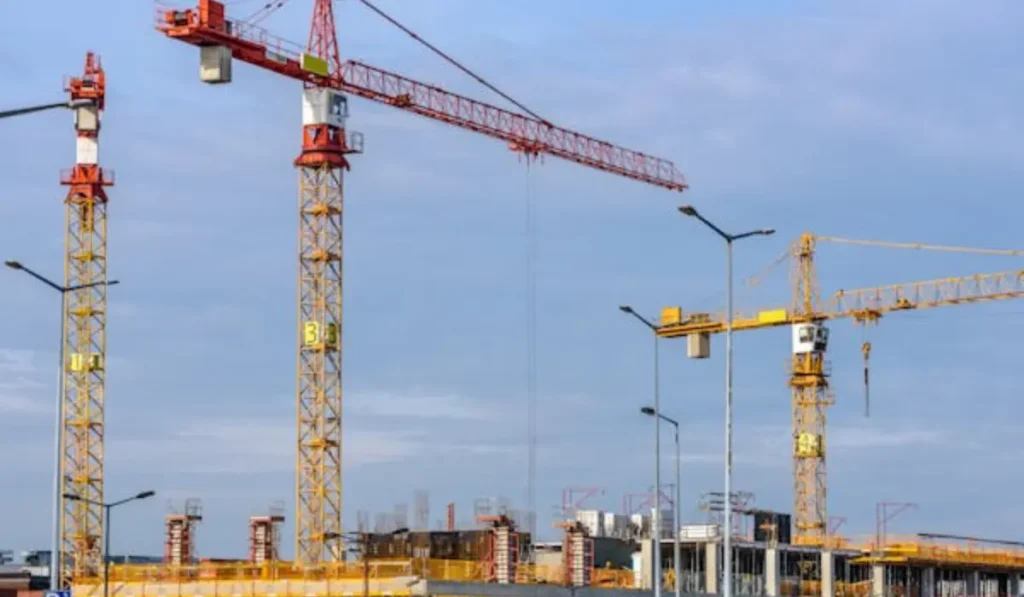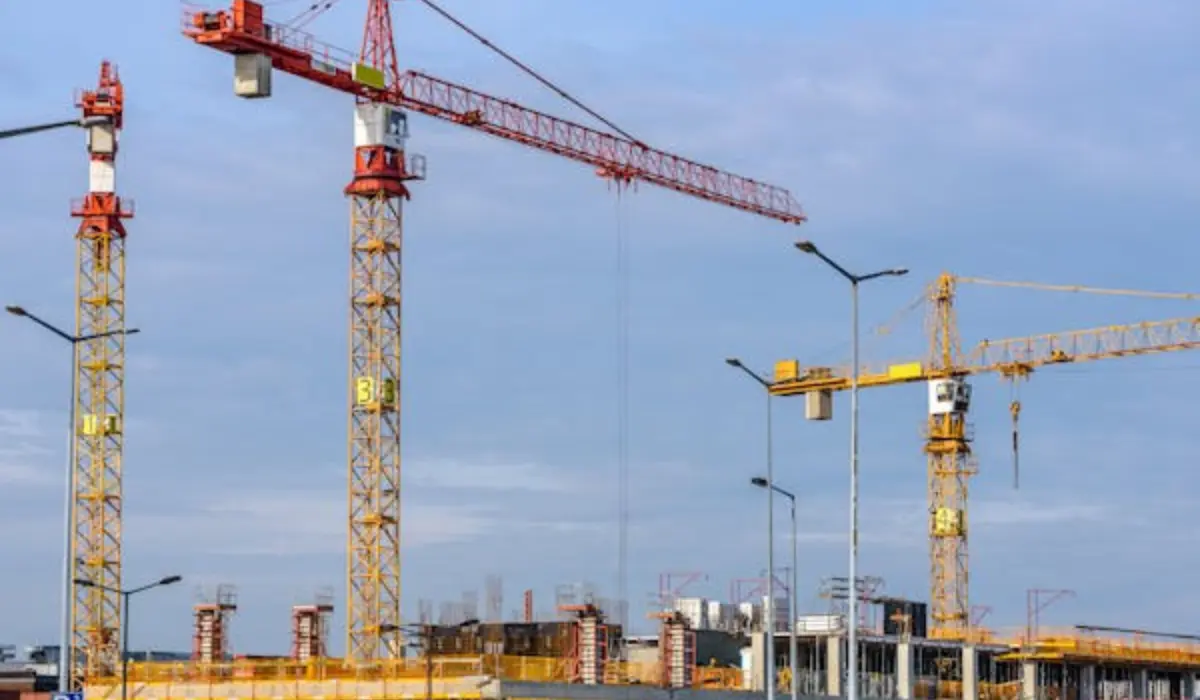Engineering remains one of Pakistan’s most sought-after career paths, with expanding opportunities across sectors such as telecommunications, software, civil infrastructure, and renewable energy.
As Pakistan prioritizes economic growth, industrialization, and tech adoption, engineering offers a promising career outlook. Here’s a detailed look at the scope, challenges, and future potential for engineers in Pakistan.

High-Demand Engineering Specializations in Pakistan
Engineering careers in Pakistan span a wide range of specializations, each offering unique opportunities and growth potential:
- Civil Engineering: Civil engineers play a crucial role in Pakistan’s infrastructure projects, including roads, dams, bridges, and urban development. The government’s increased spending on infrastructure, particularly through projects like the China-Pakistan Economic Corridor (CPEC), has created steady demand for civil engineers.
- Electrical and Electronics Engineering: Electrical engineers are vital to Pakistan’s manufacturing and energy sectors. As industries expand and power stability becomes essential, the need for skilled electrical engineers grows.
- Mechanical Engineering: Mechanical engineers are in demand across sectors like automobile manufacturing, heavy machinery, and robotics. Companies such as Millat Tractors and Al-Ghazi Tractors are prominent employers, especially for roles focused on machine maintenance and automation.
- Software and Computer Engineering: With rapid digitalization, software and computer engineering have become high-opportunity fields. Pakistan’s growing IT sector, serving both local and global clients, continuously seeks skilled software engineers and developers.
- Chemical and Petroleum Engineering: These fields are integral to Pakistan’s energy and industrial sectors. Engineers in these areas find career opportunities in oil refineries, energy corporations, and petrochemical companies, leveraging Pakistan’s natural resources.
Career Growth and Salary Trends for Engineers in Pakistan
Engineering salaries in Pakistan vary widely based on specialization, experience, and sector. Here’s a general progression of salary ranges:
- Entry-Level Positions: Fresh engineering graduates typically start with salaries between PKR 40,000 and PKR 60,000 per month, depending on their field and location.
- Mid-Level Engineers: With 5–7 years of experience, engineers can earn between PKR 80,000 to PKR 150,000 monthly. Specialized skills and major city postings often yield higher pay.
- Senior and Specialized Roles: Experienced engineers in fields like software development, petroleum, and project management can earn over PKR 200,000 monthly. Many senior roles come with perks such as medical benefits, performance bonuses, and travel allowances.
Government vs. Private Sector Opportunities for Engineers
Engineers in Pakistan find opportunities in both public and private sectors:
- Government Sector: Engineers in the public sector contribute to national infrastructure projects, urban planning, and utility management. Organizations like the National Highway Authority (NHA), Water and Power Development Authority (WAPDA), and Pakistan Railways hire civil, electrical, and mechanical engineers regularly.
- Private Sector: The private sector in Pakistan is vibrant in areas like software, telecommunications, and construction. Key employers include Telenor, Pakistan Telecommunication Company Limited (PTCL), and Engro Corporation, offering competitive salaries and growth pathways.
Emerging Trends Shaping Engineering Careers in Pakistan
Several emerging trends are shaping the future of engineering in Pakistan, creating new career avenues:
- Renewable Energy Engineering: With increasing investments in renewable energy, particularly solar and wind projects, there’s a rising demand for engineers specializing in sustainable energy. Companies like Quaid-e-Azam Solar Power and foreign-funded energy projects are driving this demand.
- Artificial Intelligence and Machine Learning: AI is finding applications across various sectors, opening doors for engineers with expertise in automation, machine learning, and data analysis. AI-driven solutions are particularly impactful in manufacturing and software development.
- Internet of Things (IoT) and Smart Infrastructure: IoT applications are on the rise in Pakistan’s manufacturing and utility sectors. Engineers with skills in embedded systems, IoT integration, and smart infrastructure are increasingly in demand.
- Industrial Automation and Robotics: As Pakistan’s manufacturing sector expands, the need for engineers specializing in industrial automation and robotics grows. This trend is especially promising for mechanical and electronics engineers focused on productivity and quality control.
Key Challenges Facing Engineers in Pakistan
Despite the positive outlook, aspiring engineers in Pakistan may encounter a few challenges:
- Economic Instability: Economic fluctuations and inflation can impact job stability and salary growth, particularly in manufacturing and infrastructure. IT and telecommunications sectors tend to offer more stability.
- Limited R&D Infrastructure: Pakistan’s engineering landscape lacks significant R&D funding, hindering innovation and specialization. Engineers interested in cutting-edge research may face limitations within the country.
- Brain Drain: Many skilled engineers migrate to countries like the Middle East and North America in search of higher salaries and better growth prospects, creating a talent shortage in Pakistan.
Educational Pathways and Skill Development for Engineers
To succeed in Pakistan’s engineering job market, a combination of formal education and practical skills is essential.
For students interested in building a strong foundation, pre-engineering programs in Pakistan can be a crucial first step toward an engineering career.
- Accredited Degree Programs: The Pakistan Engineering Council (PEC) accredits engineering programs nationwide. Graduating from a PEC-accredited university, such as NUST, LUMS, or UET, is crucial for career recognition. Most engineering programs require applicants to pass entrance exams like the ECAT test in Pakistan to secure admission into top institutions.
- Certifications and Specializations: Engineering graduates increasingly pursue certifications in project management (PMP), cybersecurity, and data science, which are valuable in competitive fields like software engineering.
- Internships and Practical Experience: Practical experience through internships can greatly enhance career prospects. Many Pakistani universities facilitate industry placements, helping students gain hands-on experience.
Conclusion:
The career scope for engineers in Pakistan is expansive, driven by the nation’s focus on economic development, infrastructure growth, and technology adoption.
Despite challenges like economic volatility and limited R&D support, engineers with specialized skills and practical experience are well-positioned to thrive.
As Pakistan continues to evolve, engineering remains integral to the country’s progress, offering rewarding career paths and growth opportunities for aspiring professionals.

